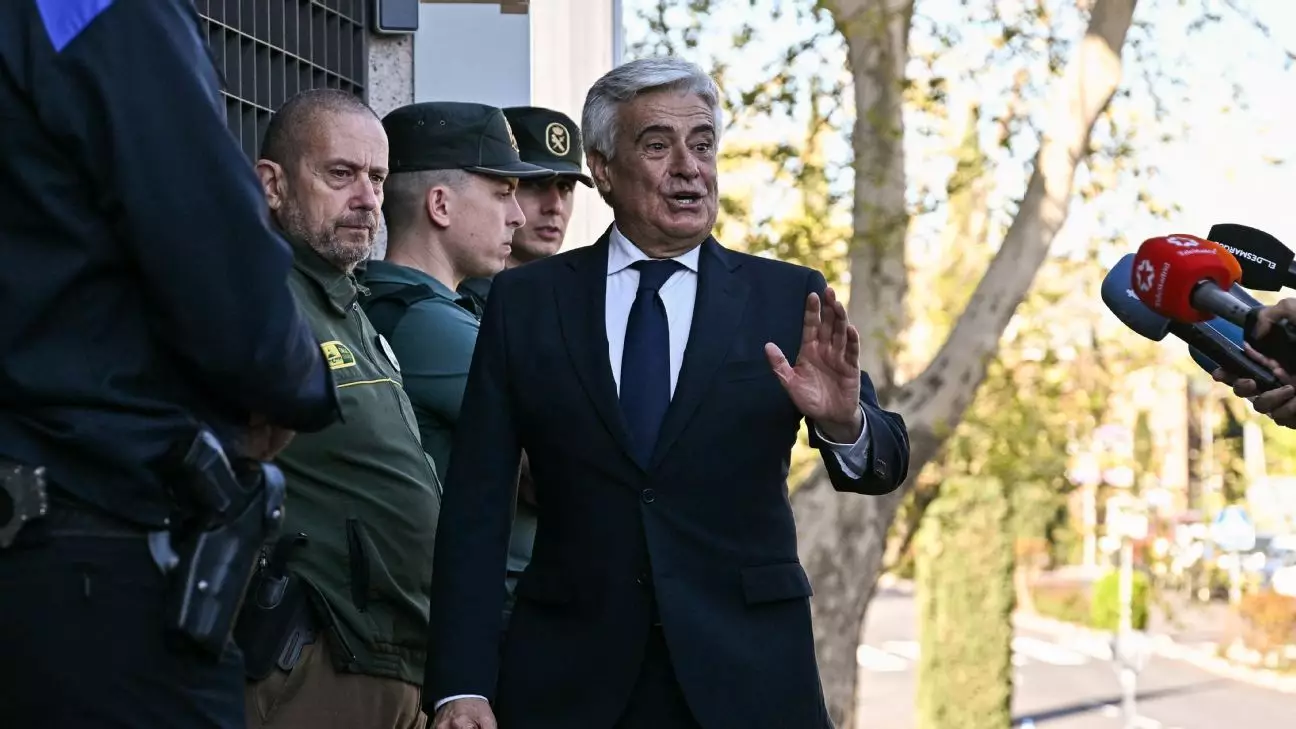The Royal Spanish Football Federation (RFEF) is set to conduct pivotal elections for its presidency on December 16, 2024. This follows an extended period of instability that has left the federation leaderless since July. The previous president, Pedro Rocha, was suspended for a two-year term by Spain’s Sports Council (CSD) after committing a significant infraction, prompting a pressing need for organizational leadership. As the football world closely watches, this election is more than just a bureaucratic procedure; it represents a critical moment for Spanish football, which has been grappling with issues of governance and public trust.
The backdrop to this electoral process includes a serious scandal that erupted following the resignation of former president Luis Rubiales. Rubiales stepped down after igniting outrage by kissing player Jenni Hermoso without her consent during the celebrations of Spain’s Women’s World Cup victory in August. This incident not only sparked substantial public outcry but also compelled the Spanish government to intervene by establishing an oversight committee for the federation in April. The committee aims to steer Spanish football towards stability while safeguarding national interests during this tumultuous period.
Tensions are not exclusively domestic; Spain’s standing in global football is at stake. Recently, national team coach Luis de la Fuente raised alarms over the possibility of Spain losing its bid to co-host the 2030 World Cup alongside Portugal and Morocco due to ongoing leadership issues within the RFEF. In response, FIFA has called for a swift resolution to ensure a new president is installed before its Congress meeting on December 11, where the final hosting decisions will be made. The governing body has emphasized its non-interference policy, which complicates the already fraught relationship between governmental oversight and athletic independence.
Amidst these challenges, the RFEF is also making preparations for other significant events. The organization has recently confirmed that the Spanish Super Cup will be relocated to Jeddah, Saudi Arabia, for January 2025, showcasing an interesting shift in the football calendar. The semifinal matchups are set, with perennial rivals Real Madrid and Barcelona both vying for glory. This move highlights not just a growing trend of football being played in alternative venues but also the financial and promotional pressures that global football increasingly faces.
As the electoral process gears up, there are calls for transformational leadership that can reinstate integrity and vision within the RFEF. With an election looming, stakeholders—from players to fans—are hoping for a leader who can reconcile the federation’s administrative challenges and restore its credibility on both national and international stages. The upcoming elections represent a chance for renewal in Spanish football, once a beacon of success in the sport, now at a crossroads. The responsibility to steer the organization towards a brighter future rests in the hands of those who will step forward to lead in this critical time.

